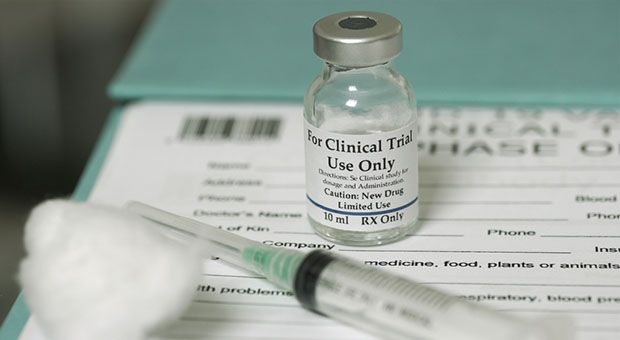University of Birmingham awarded £7m NIHR funding to provide strategic leadership for its Research Support Service
The NIHR has selected BHP founder-member the University of Birmingham to run the National Collaborative for its Research Support Service (RSS) from 1 February 2024.
The RSS was launched on 1 October 2023. The service provides expert research design, methodological support, advice, and collaboration to all researchers in England throughout the pre- and post-application/research process, regardless of geographic location and research interest.
Since launch, the service has received more than 840 requests for support from researchers through its 8 hubs. The specialist centres in social care and public health have received a combined total of 171 requests for support.
The new function
The new RSS National Collaborative will be run by the University of Birmingham. The university has demonstrated a clear commitment to work with all NIHR RSS hubs through collaboration.
Among other responsibilities, the new function will:
- provide strategic and operational leadership across the 8 individual NIHR RSS hubs
- develop collaborative working with other components of the NIHR’s infrastructure. This includes the NIHR Clinical Research Network and incoming Research Delivery Network, in particular around the deliverability of studies within the chosen setting
- identify, develop and share standards of good practice. The function will support their implementation, and provide the highest quality resources to support the development and delivery of health and care research
- support Research Inclusion, and Patient and Public Involvement, Engagement and Participation in the hubs, to encourage a coordinated national approach
The aim of the new function is to enable the 8 hubs to provide consistency of service across the RSS. It will supply a core team, with dedicated senior academic, clinical and operational leadership.
Professor Marian Knight, NIHR Scientific Director for Research Infrastructure, said: “The National Collaborative is critical to the successful delivery of the new Research Support Service, which since October has been providing expert advice and support to researchers across England. By leading the Collaborative, the University of Birmingham will work with the other RSS Hubs to ensure all researchers across England are provided with the tailored support they need and to develop an environment of continuous improvement across the service.”
Neil Thomas, Professor of Epidemiology and Research Methods, Operations Director of the RSS National Collaborative, said: “I am looking forward to leading this exciting collaboration alongside Professor Katie Morris, Director of the Birmingham Clinical Trials Unit, who is our Academic and Clinical Lead. We look forward to working with all 8 RSS Hubs and Specialist Centres, the NIHR and the wider research community in developing and delivering health and care research. Our vision of collaboration is wide ranging and we have ambitious plans to build capacity in our workforce and public contributors, contribute to the development of inclusive and innovative research methodologies, as well as harmonise systems across our service.”





